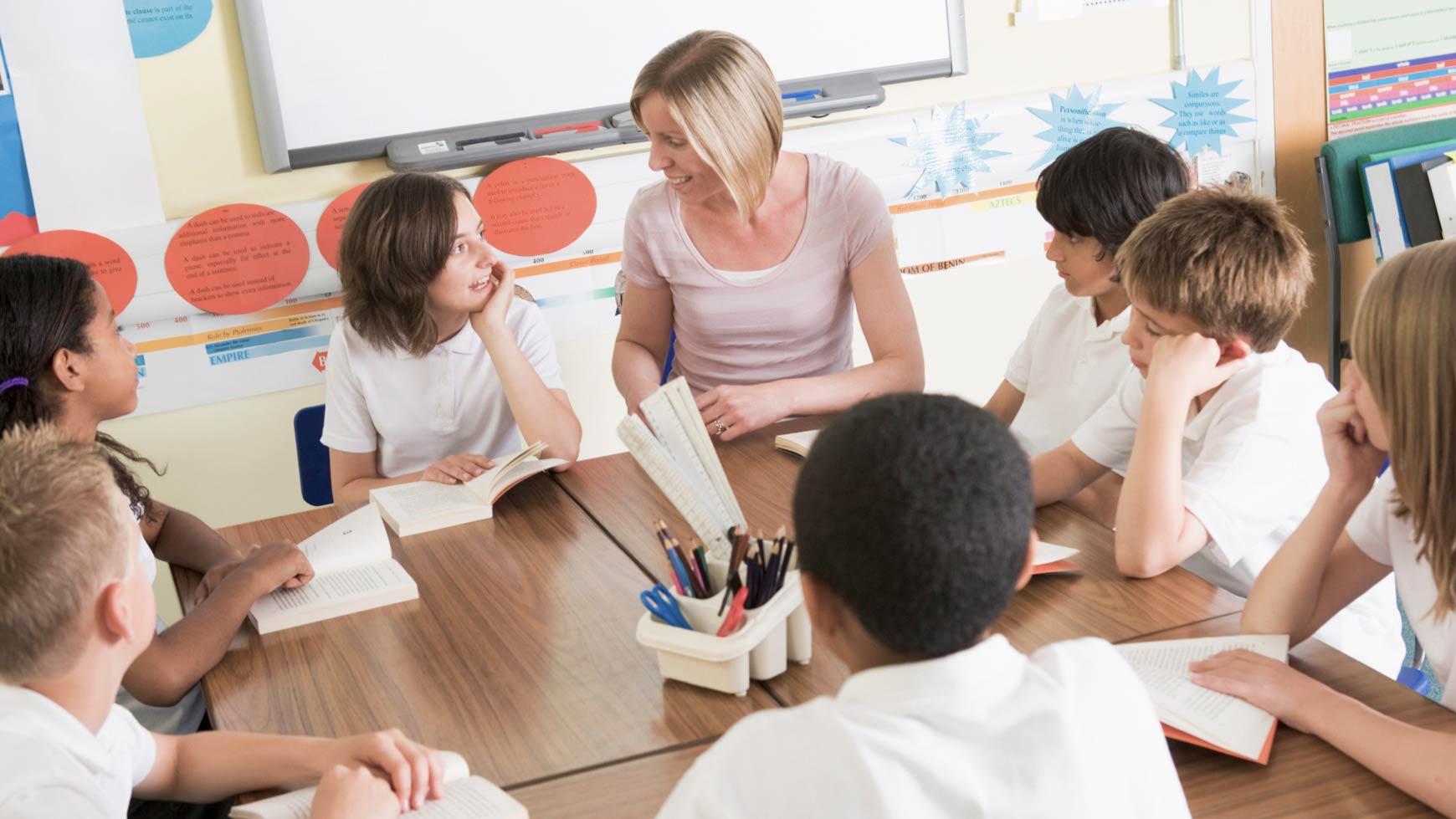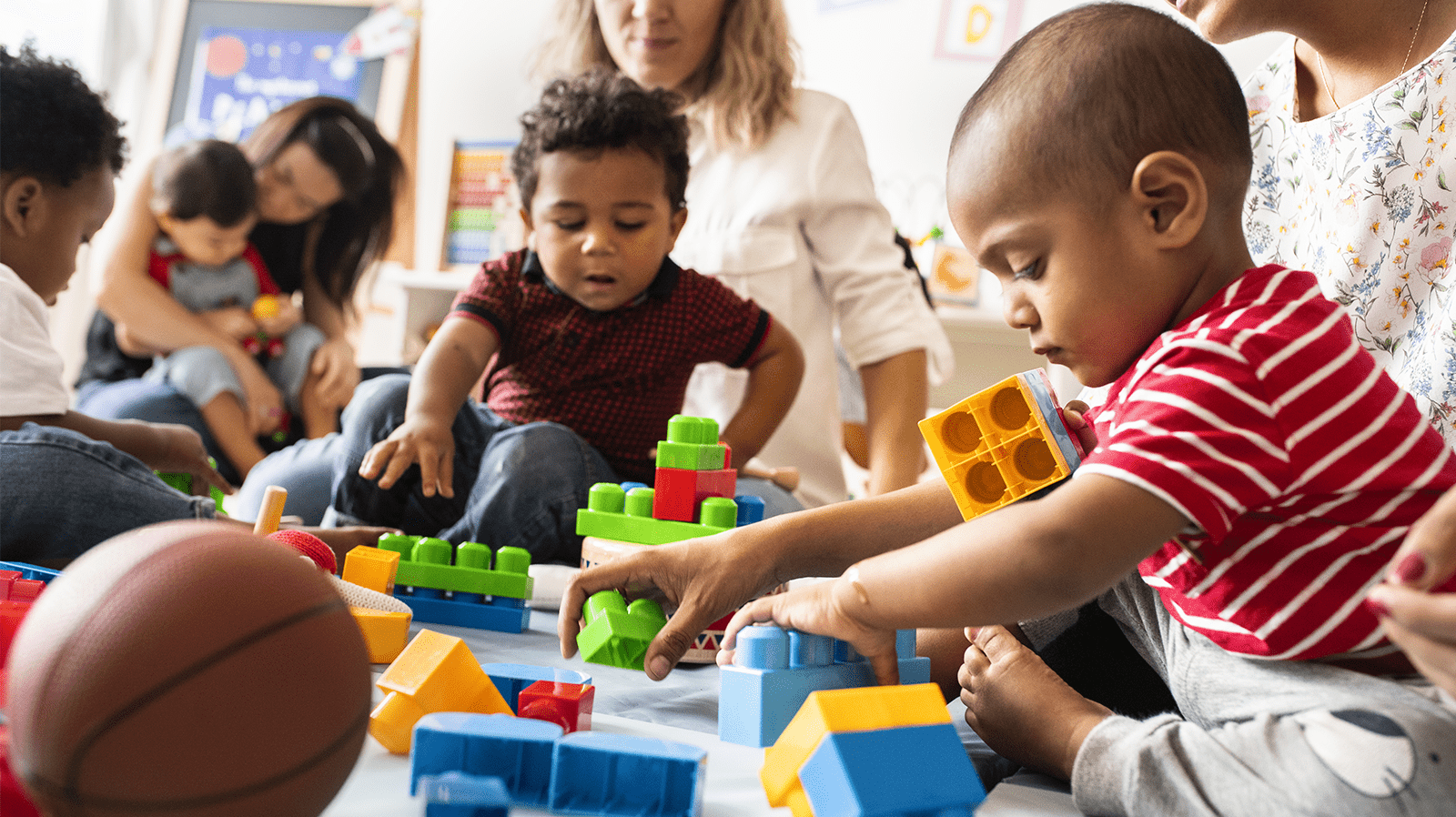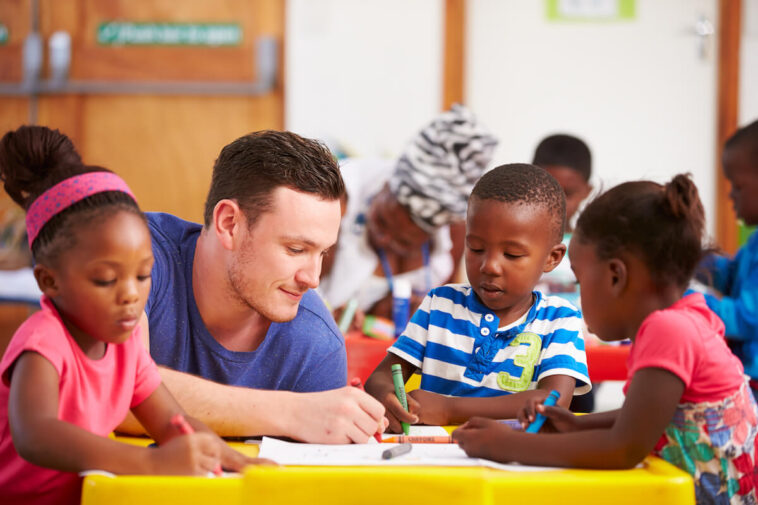Have you ever wondered what goes into creating a vibrant and effective learning environment for young learners? Picture a scenario where educators have the latest knowledge, teaching methods, and a deep understanding of child development.
How does this impact the early learning experience? This article will explore the importance of professional development in early learning. Why does it matter, and how does it shape the future of your little ones?
1. Keeping Pace with Modern Educational Trends
Staying ahead of the competition is critical in the education sector. Early childhood educators must be current on current trends to give the best learning opportunities. Professional development is a guidepost for educators navigating the ever-changing teaching methods, educational theories, and technology advances.
It ensures that your child’s education is not stuck in the past but connected with cutting-edge approaches that promote engagement and knowledge. Early Learning Centre thrives with continuous investment in professional development, ensuring an enriched educational experience.
2. Enhancing Teaching Strategies for Young Minds

Each child is unique, with their own learning styles and preferences. Professional development is essential for accessing a wide range of teaching strategies. Educators explore and enhance approaches adapted to each child’s needs through continual training.
These tactics, which range from interactive storytelling to hands-on activities, are not one-size-fits-all. They are tailored to the rich tapestry of young minds in the classroom, ensuring no child falls behind.
3. Fostering a Culture of Lifelong Learning
The most effective teachers are lifelong learners. Professional development fosters a culture of continual improvement among educators, demonstrating that education does not end with a degree or certification.
Educators who embrace continual learning opportunities demonstrate the excitement and contentment of learning new things. This love for learning spreads, providing the groundwork for a classroom environment where curiosity is celebrated, and the thirst for information is insatiable.
4. Adapting to Technological Advancements
As technology becomes more common, early childhood educators must know how to use computers and other digital tools. Through professional development, teachers learn how to incorporate technology into the classroom easily.
Digital literacy skills will be needed in the future, so ensure your child knows how to use technology to improve their education. For example, interactive whiteboards and educational apps can make learning fun.
5. Nurturing Social-Emotional Development

Beyond the ABCs and 123s lies a crucial aspect of education — developing social and emotional skills. Professional development delves into early childhood psychology, emphasizing the importance of fostering positive relationships, teaching conflict resolution, and nurturing emotional intelligence.
These skills form the bedrock of a child’s ability to navigate the complexities of human interactions, setting the stage for healthy relationships and emotional well-being in adulthood.
6. Creating Inclusive Environments
Every child is unique, and diversity should be celebrated. Professional development guides educators in creating inclusive environments that cater to the individual needs of every child, regardless of background or ability.
Through training, educators learn to adapt teaching methods, provide additional support, and cultivate a classroom atmosphere where every child feels valued and included. This inclusivity benefits the children directly involved and sets the stage for a society that appreciates and embraces differences.
7. Boosting Confidence and Job Satisfaction

Confidence is contagious, and it starts with educators. Professional development is pivotal in boosting educators’ confidence by honing their skills and informing them about best practices.
Confident educators create a positive learning environment where children feel secure and supported. Increased job satisfaction follows naturally as educators witness the positive impact of their efforts on the children they teach, fostering a cycle of continual improvement and job fulfillment.
8. Implementing Effective Assessment Strategies
Assessing a child’s progress is more than just assigning grades. Professional development equips educators with a nuanced understanding of age-appropriate assessment strategies.
Through ongoing training, educators learn to use various assessment tools that provide insight into a child’s strengths and areas for improvement. Effective assessments become valuable tools for tailoring teaching methods, ensuring every child receives the personalized attention they need to thrive.
9. Building Strong Partnerships with Parents

Education is a collaborative effort between educators and parents. Professional development emphasizes the importance of open communication and partnership-building.
Educators learn effective ways to involve parents in their child’s education, fostering a strong support system at home and in the classroom.
This collaborative approach ensures that the child’s learning experience is cohesive and consistent, with educators and parents working together towards common goals. Check out our article on preparing kids for higher education.
10. Advocating for Early Childhood Education
The importance of early childhood education extends beyond the classroom. Professional development empowers educators to be advocates for the cause, keeping them informed about current policies, research findings, and educational trends.
Armed with this knowledge, educators become powerful voices in shaping educational policies, ensuring that the needs of young learners are prioritized at local, regional, and national levels.
How Important is Early Childhood Education Anyway?

Early childhood education is the foundation upon which a child’s future success is built. During these formative years, the brain undergoes rapid development, and the experiences a child encounters significantly shape their cognitive, social, and emotional capacities.
1. The Brain’s Prime Time
The early years are the prime time for brain development. By age five, a child’s brain is already 90% developed. Early childhood education optimizes this critical period, providing stimuli that enhance neural connections and laying the groundwork for lifelong learning.
2. Social Skills Take Center Stage
Learning extends beyond textbooks. Early childhood education focuses on developing essential social skills such as sharing, communicating, and cooperating. These skills form the building blocks for successful interactions and collaborations in the future.
3. Emotional Intelligence Starts Early
Understanding and managing emotions are critical life skills. Early childhood education emphasizes emotional intelligence, teaching children to recognize and navigate emotions. This foundation sets the stage for healthier relationships and emotional well-being throughout life.
4. Academic Readiness Matters:
The transition to formal schooling is smoother when a child is academically prepared. Early childhood education ensures that children develop the necessary skills, setting the stage for a positive and confident start to their formal education journey.
5. Lifelong Learning Begins Now
The love for learning is cultivated early. Early childhood education instills a curiosity and enthusiasm for learning that forms the basis of a lifelong journey of exploration and discovery. Children become lifelong learners, always eager to expand their knowledge and skills.
Early Learning Stage: Nurturing Future Minds
The ripple effect of a well-prepared, continuously learning educator reaches homes, communities, and society. By investing in the ongoing growth of those guiding your youngest learners, you are fostering academic development and cultivating compassionate, curious individuals who will undoubtedly shape the future.




